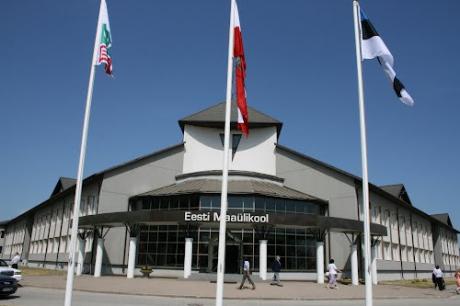MSc Veterinary Science Add to shortlist
Health Sciences
Veterinary Science
MSc Veterinary Science
6 years
€7800 pa
Programme content
Veterinary studies in Tartu is divided into three phases:
In the first year, students study the foundations of veterinary medicine: anatomy and functions of animals as well as the fundamentals of animal husbandry; several branches of biology, zoology, botany, genetics and cell biology as well as chemistry, biophysics, microbiology, virology and parasitology.
In the spring semester of the second year, students are taught about animal diseases. They take up pathological anatomy and physiology, which constitutes an introduction to the second period of the veterinary studies. Pre-clinical studies give the student an insight into the processes going on in the organism of the diseased animal, as well as elementary skills in disease detection.
The second phase of the programme concentrates on the relations between human and animal health and an introduces you to the public health issues.
In the third phase or clinical studies phase, students acquire a deeper knowledge of the most common diseases of different animal species (including birds and fish) with an emphasis on their diagnosis, treatment and prevention.Practical training takes place in the animal clinic of Estonian University of Life Sciences.
In the sixth year the student can focus on one of the three main tracks:
- large animal medicine
- equine medicine
- small-animal medicine
Progression
This programme is recognised is RCVS
Entry Requirements
Three A-Levels and three GCSEs. Subjects to include Maths.
Six subjects at Leaving Certificate [Two at H5}. LC subjects to include Maths
Yes: SAT
No
Yes: Letter of Motivation
01 April
10 July

 Join us on Facebook
Join us on Facebook